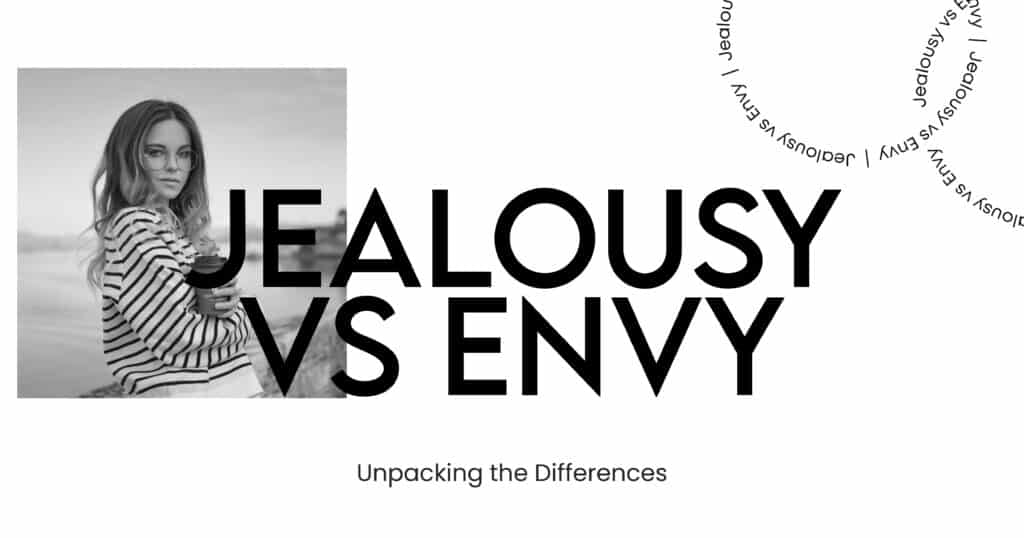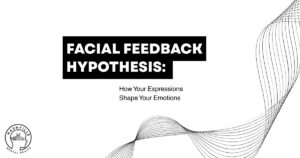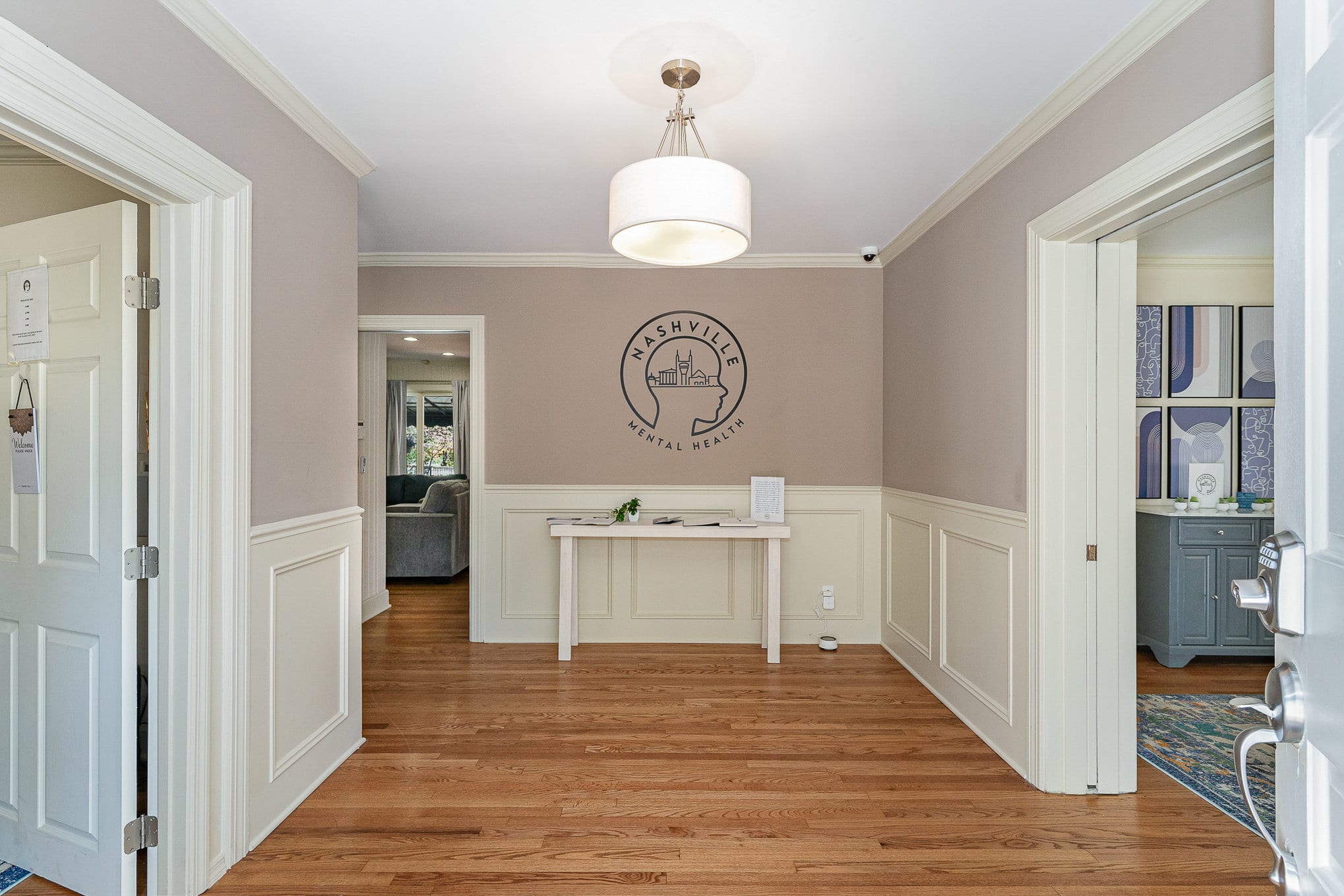Emotional senses are a part of what makes us human. Various types of emotions are often misused, misunderstood, and even misled. In this case, jealousy and envy are the two emotions that have different meanings, roots, and impacts on our lives and relationships.
Understanding the difference between jealousy and envy is not just about the words, they are the key to self-awareness, emotional regulation, and improved relationships.
In this blog post, we will help you discover the definitions, examples, psychological roots, and behavioral patterns of jealousy vs. envy, and what type of support you can get from Nashville Mental Health to manage and regulate both.
Jealousy Definition and Examples
Jealousy is an emotional response to a self-believed threat from a trusted or valued relation. It starts to arise when an individual fears that any third person will interfere or might take away something they deeply value. It is common in romantic partners, family members, and friends.

It usually involves three parties – the rival or threat, the person feeling jealous, and the person they are emotionally attached to. According to Psychology Today, jealousy is the emotion linked with attachment and often stems from fear of abandonment, lack of trust, and insecurity.
Nashville Mental Health
Examples of Jealousy in Everyday Life
Here are a few real-world jealousy examples that include:
- Feeling sad when your partner spends a great time with their co-workers.
- A child’s reaction when their parents show attention to any other baby.
- Tension arises between two individuals, either friends or cousins, when one starts a new relationship or becomes closer to someone else.
In the cases mentioned above, the jealous person only reacts because of the fear of losing emotional closeness or attention. This is not envying; they fear being excluded or replaced.
Jealousy and Relationships: How Jealousy Affects Connections
Jealousy and relationships are two emotions that are closely linked. In a romantic relationship, jealousy can sometimes manifest as overbearingness and controlling behavior. It often leads to fights and unhealthy behavior, such as doubting your partner, checking their phone, and using their social accounts without consent.
On household or family levels, jealousy often leads to establishing competition, making negative comments, and putting down others. Mild jealousy is very natural, but chronic jealousy leads to conflicts, loss of trust, and loss of bonds.
StressTherapist states that unhealthy jealousy stems from low self-esteem, unresolved conflicts in the mind, and past traumas. Only therapies can help anyone cure these factors and improve communication skills.
Envy Definition and Examples
Envy is also an emotional state in which someone feels discontented or triggered by someone else’s advantages and success. In this state, individuals are not afraid to lose anything, but they wish they had another person’s blessings. Envy is often experienced in professional and social contexts and can be self-damaging if not appropriately treated.
Examples of Envy in Daily Life
Here are some common Envy examples from daily life:
- Feeling less than adequate when peers buy new cars, houses, or gadgets.
- Think about and hate your friend’s vacation photo while you are at work.
- Wish you had a better salary than your co-worker.
In today’s world, Envy and success are deeply linked, while social media is the primary reason people have started comparing themselves. Social media is flooded with curated images, and individuals often trigger envy even if they are not reality-based.
Jealousy vs. Envy Meaning
Understanding the difference between Jealousy vs. Envy is very crucial for emotional intelligence:
| Emotion | Definition | Involves | Root Cause |
| Jealousy | Fear of losing something you value | 3 parties | Insecurity, fear of loss |
| Envy | Wanting someone else’s blessings | 2 parties | Comparison, feelings of inadequacy |
The difference between these two emotions is that jealousy is characterized by protecting what you have, while envy is characterized by wanting other people’s good things.
Both are emotional responses and are part of human nature. But if anyone confuses the two of these terms, that might lead to a misunderstanding in the relationship, which can be vulnerable.
How Jealousy and Envy Manifest in Behavior
Jealousy and envy can impact your mental health and behaviors. It is crucial to understand the patterns/signs that can help you navigate them early:
Jealousy-Related Behaviors
Here are a few examples of jealousy-related behaviors:
- Possessiveness.
- Emotional outbursts.
- Excessive need for reassurance.
- Interrogating a partner.
Envy Related Behaviors
- Constant Comparison.
- Sabotaging Others’ Success.
- Aggressive Comments.
- Putting Down.
Nashville Mental Health
Strategies for Managing Jealousy
If you or your loved one is struggling with jealousy, it is essential to navigate it on your own, with confidence, without judging. Here are some effective strategies that can help you improve your behavior:
- Being Self-Aware. Write down about your feelings with absolutely no shame. Ask yourself what you’re afraid of losing.
- Communication. Discuss your concerns rather than resorting to actions in search of a problem.
- Cognitive Reframing. Challenge irrational thoughts about abandonment or being unlovable.
- Work On Your Self-esteem. Gaining confidence by getting involved with hobbies, achievements, and positive affirmations about yourself.
- Therapeutic Support. A licensed therapist can get to the core of jealousy and support healthy emotional regulation.
Effective Ways to Deal with Envy and Its Effects
Dealing with the emotional state of envy requires fighting the mindset. Instead of looking at someone’s success as a threat. Here are some practical ways that can help you manage its effects:
- Practice Gratitude. Focus on the good things in your life rather than what you lack.
- Turn Envy Into Admiration. Take a leave from the person or thing you envy; how did they get to where they are?
- Restrict Social Comparison. Give yourself a break from social media and steer clear of cues that may trigger feelings of envy.
- Set Your Own Goals. Don’t chase others’ versions of success, determine what it means to you.
- Seek Help if Needed. Chronic envy could indicate deeper self-esteem problems that therapy can help you address.
Understanding Jealousy vs. Envy: Insights from Nashville Mental Health
At Nashville Mental Health, we know that envy and jealousy are part of human nature, but they shouldn’t control your life. With personalized therapy, we help our clients improve their emotional intelligence. We also help people with their interpersonal skills while developing coping tools.
If you or your loved ones struggle with emotional imbalance, our team is here to help you in challenging situations. With evidence-based practice and compassionate care, we help manage these complex emotions.

FAQ’s
What are common examples of jealousy in everyday life, and how do they affect relationships?
A typical example is when your siblings are praised more than you, and you feel bad about it, or you get possessive when your partner talks to someone else. If these emotional conditions remain unaddressed, they can cause problems in relationships and bonding.
How can envy influence success, and what are some real-life examples?
Envy can impact either positively or negatively. Your co-worker’s success often motivates you; otherwise, it can demotivate you, and you’ll start to doubt yourself.
What is the difference between jealousy and envy in terms of their meanings and manifestations?
Jealousy is being protective about something negatively, while envy is desiring someone else’s blessing and feeling threatened by people’s success.
What strategies are effective for overcoming jealousy and managing its impact on relationships?
The best coping strategies include boosting self-esteem, self-reflection, and honest communication. Engaging a therapist can also uncover insecurities or attachment issues and be very effective.
Nashville Mental Health
How can one deal with envy and its effects on personal achievements and well-being?
Any individual can deal with envy by focusing on gratitude, engaging in therapy, and limiting comparison. These factors can contribute to a good quality of life.












